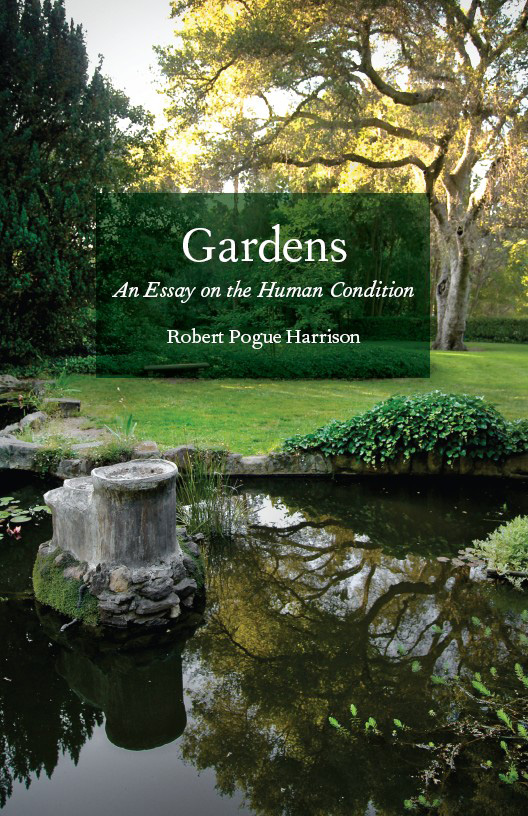The garden as a cultural institution

Last week in the June 16 New York Times cultural critic Edward Rothstein had an interesting commentary on the New York Botanical Garden drawing on Robert Pogue Harrison’s new book, Gardens: An Essay on the Human Condition, to help him place the concept of the garden in the wider context of western history and demonstrate its enduring cultural and historical importance. Rothstein writes:
From medieval cloisters, botanical gardens made their way into universities, beginning with the University of Pisa in 1544. Later the garden’s terrain expanded with botanical expeditions, oceanic trade and imperial adventures. Victorian botanical gardens could be encyclopedic in scope, arranging their displays according to Latin classifications of species by the Swedish botanist Carolus Linnaeus.
Now, in our humid, dry, cooled or heated greenhouses, we shun such systematic display. Instead we replicate ecological niches, miniature worlds that supposedly show nature at work: the desert, the rainforest, the tropical pool. But peel back the environmental stagecraft, and the scientific cultivation continues with even greater passion…
There is something moving about the entire enterprise. In a remarkable new book, Gardens: An Essay on the Human Condition, Robert Pogue Harrison (who wrote similar meditations on cemeteries and on forests) elicits some of the meanings that have accumulated around the idea of a garden, from myths, in which the chosen few “can possess the gift of their bodies without paying the price for the body’s passions,” to places like Versailles, which reflect “an aesthetic drive to tame, and even humiliate, nature into submission.” In those royal gardens Mr. Harrison also finds the urge to encompass and incorporate and comprehend: “the militant humanism of the age.”
Our age’s humanism is much more modest. We are self-effacing to a fault. We don’t seem to be taming nature, but to be permitting its full range of expression. We allow it to express multiple perspectives. We don’t permit any habitat to dominate, and we defer to the demands of each. We seem to submit to nature. Of course we are creating images of ourselves.
Read the rest of the article online at the NYT website.
Also read an excerpt from the book.